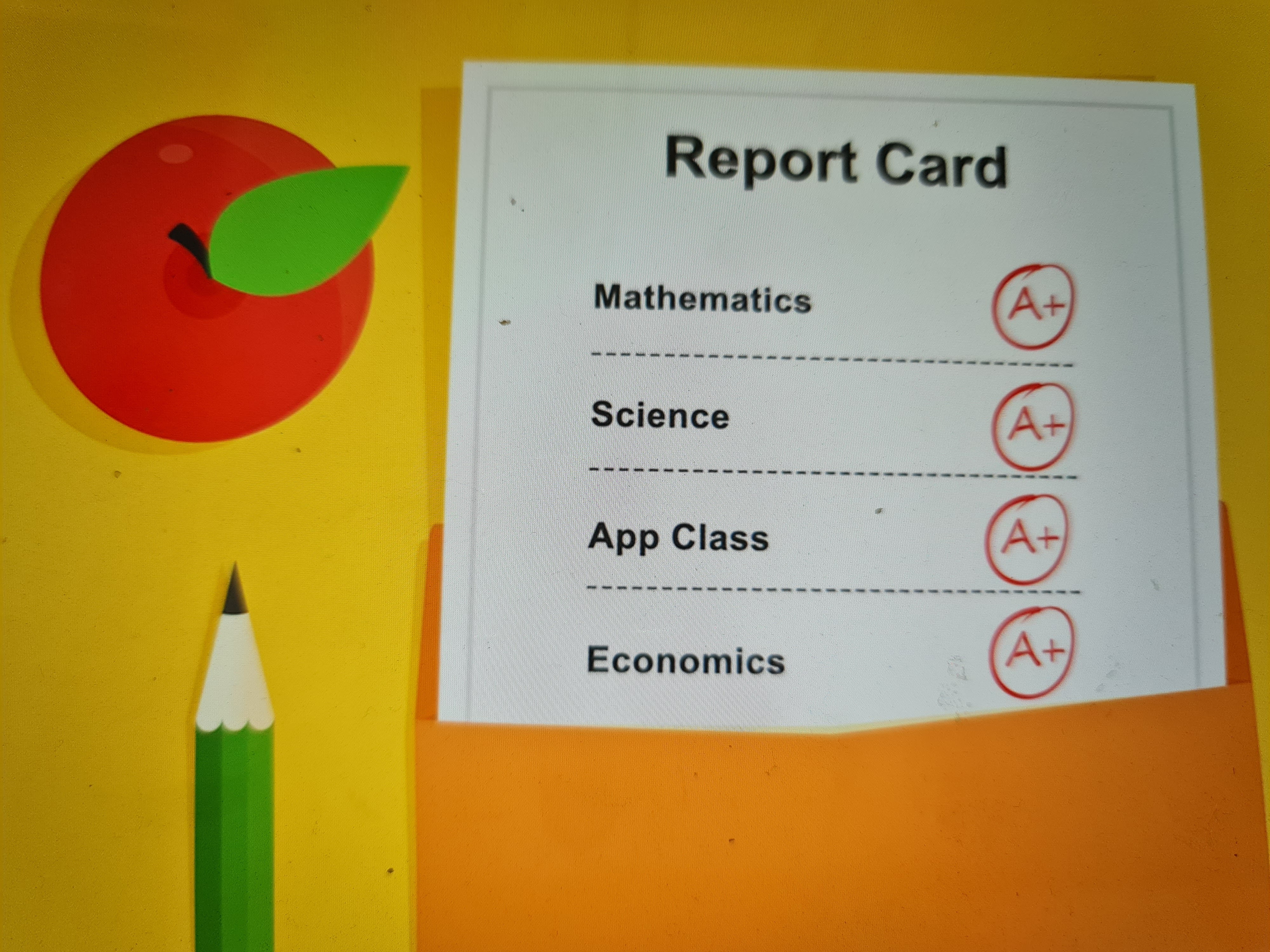
I am going into hospital later today.
And I am aching to get there, straining towards the moment I close the door to my hospital room on a world I am the wrong shape for right now.
How did I get here this time?
Fourteen days ago I had a regular appointment with my psychiatrist. Just a Bipolar 1 Disorder monthly maintenance appointment. I was completely asymptomatic.
Thirteen days ago I left for our beach holiday and forgot to pack my swim wear. Subtle. I mean that could happen to anyone. Right? But by the following morning I was symptomatic alright. My short term memory and concentration were dissolving like sugar cubes in boiling water.
A buzzing pressure behind my eyes radiated up my forehead. I knew from bitter experience, if I did nothing, soon that buzzing could make me second guess what was real or not.
That was symptomatic enough to page my psychiatrist on a Saturday morning. It’s only the second time I’ve paged him out of hours in 14 years. He called back in under three minutes.
Over the last nearly two weeks, the first of which I stayed at the beach, he telephone consulted with me every second day, adjusting medications, a little more of this, a little more often of that. I slipped from my bed gratefully into the ocean, timing the most sedating medications for times when I’d be in bed not the ocean. I seemed a little better, maybe? But then not.
Back home we continued every second day phone consults, adjustments. This is by far not the sickest I have ever been (although psychosis and catatonic depression requiring ECT to reverse, do set a very low bar)
So why would I want to go into hospital, rather than continue treatment at home?
Here’s why:
The surface of my brain feels as though it is covered in papercuts and being surrounded by people and noise is like having lemon juice dribbled over the cuts.
Trying to hold in the irritability of being around people and noise (including my close family) is like being intensely nauseous with someone threatening to punish you if you vomit.
One of the parameters I use to assess how close I am to needing to go into hospital is ‘the sandwich test’. Think about the amount of concentration and short term memory it takes to make a sandwich – nothing fancy, just two slices of bread, some butter and one topping. For most healthy, able bodied, able brained adults, this is not a challenging task.
Right now – I can still make a sandwich, but it’s a challenge. I am making a decision, based on past experiences, not to wait with hospitalisation until challenge becomes an impossibility.
As for the seasonal timing – Christmas and New Years celebrations? I am veteran enough in the management of this illness to know it has no knowledge of nor respect for holidays and anniversaries. I could list my tenth and fifteenth wedding anniversaries as times spent in hospital, a longed for trip to Paris cancelled because of recent hospitalisation, and that would be the beginning of a list so long I’ve forgotten most of it. These times are just human constructs. If it swallows them I don’t dwell on them.
Instead I celebrate the unscathed special occasions extra hard, to make up for the times there is nothing.
The final reason for going into hospital now, is because I can access this level of care. I am fortunate to have the option of going into a private psychiatric hospital when I am sick. The standard of hospital care I will receive will be excellent. It will far exceed anything the public psychiatric hospital system has to offer.
I loathe getting sick enough to need hospital support. But perhaps even more than this I loathe the hypocrisy of someone with my privilege not utilising that support because of some misguided stigmatising ideas about what it means to be a patient in a psychiatric hospital.
I am profoundly grateful I can afford care in a good private psychiatric hospital. And part of my own recovery, once I’ve stabilised medically, is to remember there are many people living with this illness, and other severe mental illnesses, who are learning to live with them with far less support and privilege than I have. When my recovery feels hard I focus on this:
If I access the supports I am fortunate to have, I am more likely to be around for long enough to help raise awareness of the inequality between our private and public mental health hospital systems, and work towards our public mental health hospital system actually supporting some of our most vulnerable when they need it most.
If you are new to Thought Food and would like to know a little bit about who I am when I am well, you may like to check out:

